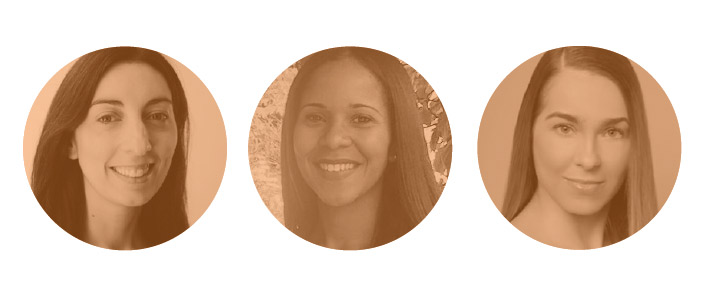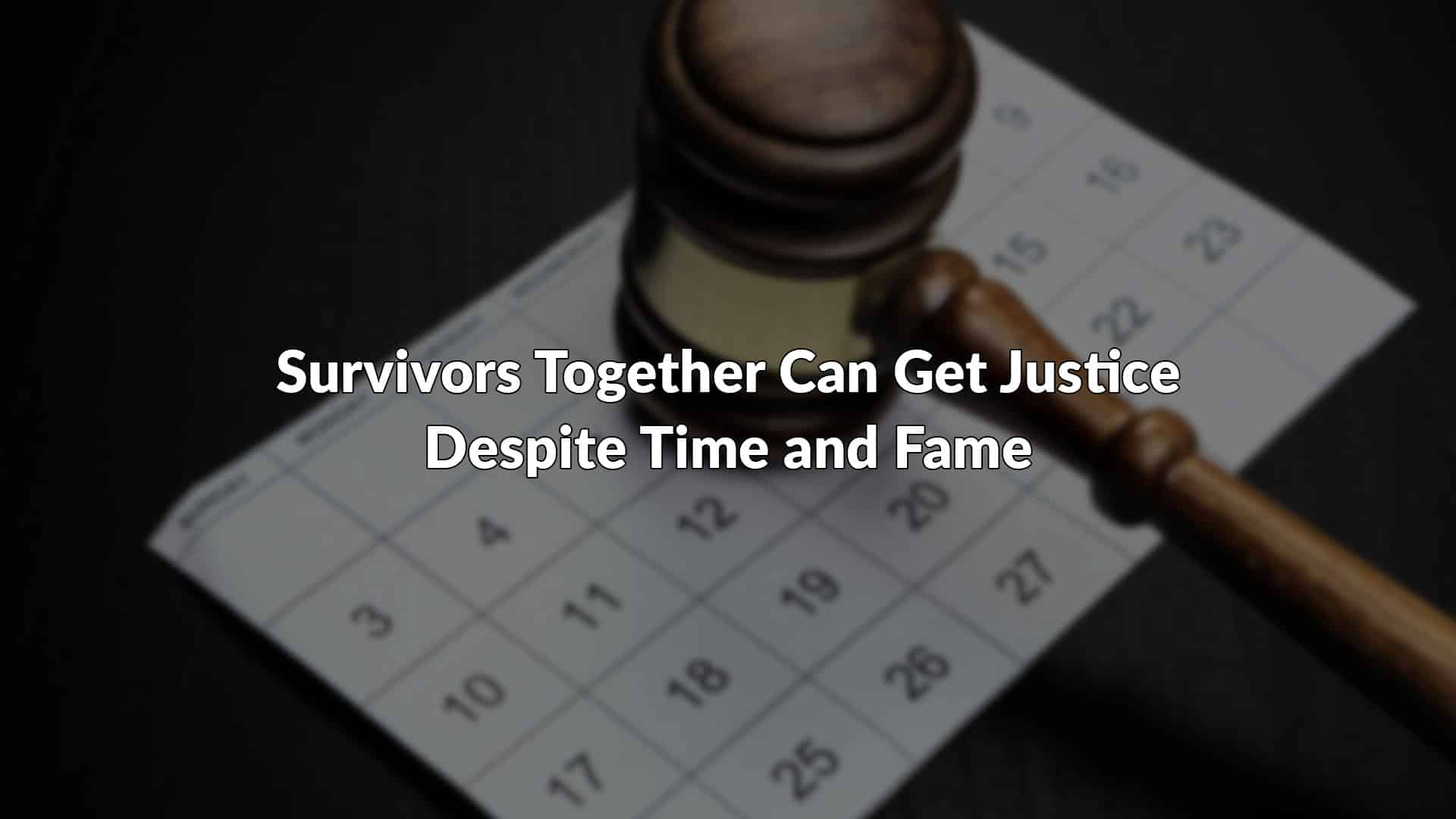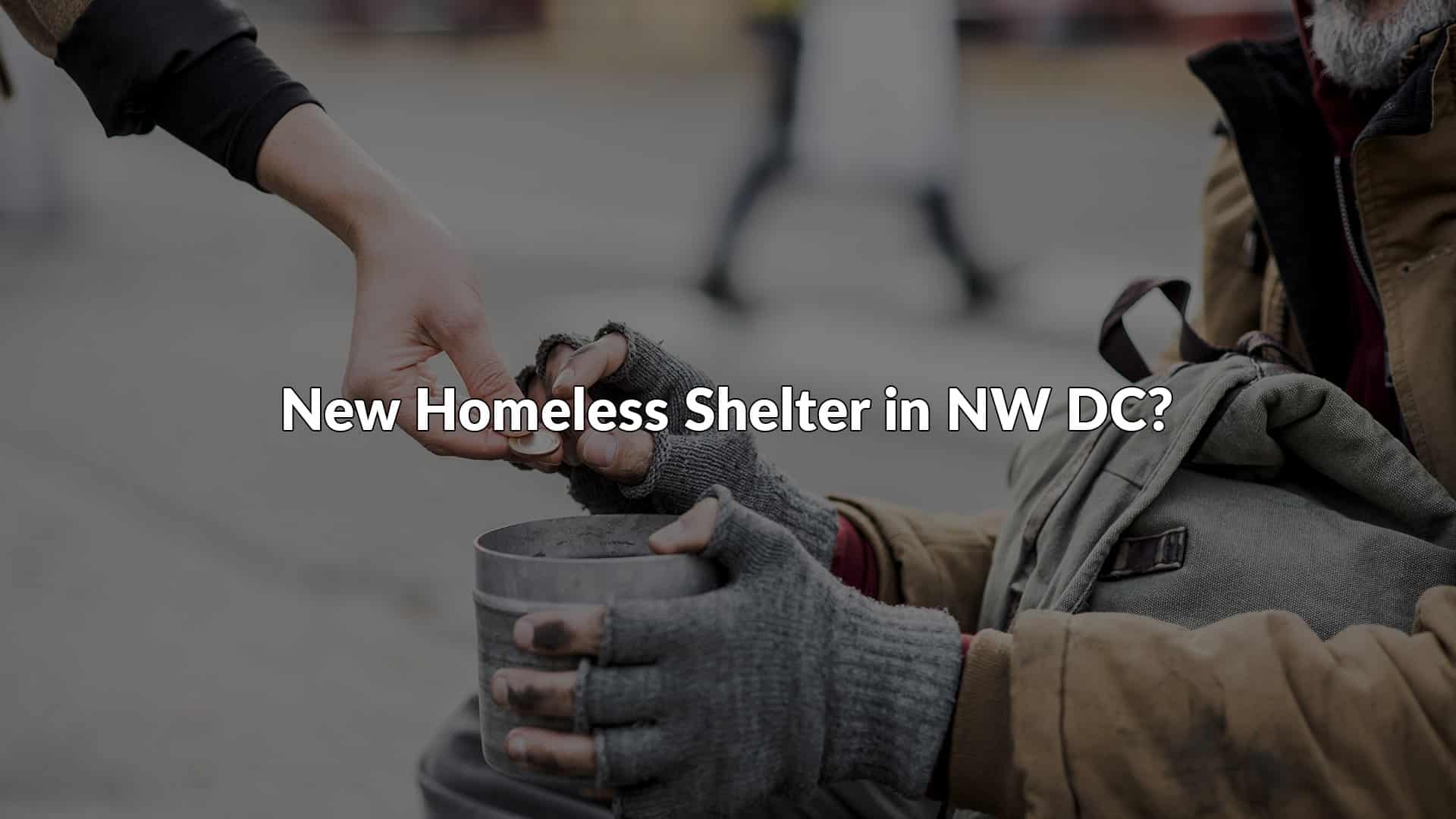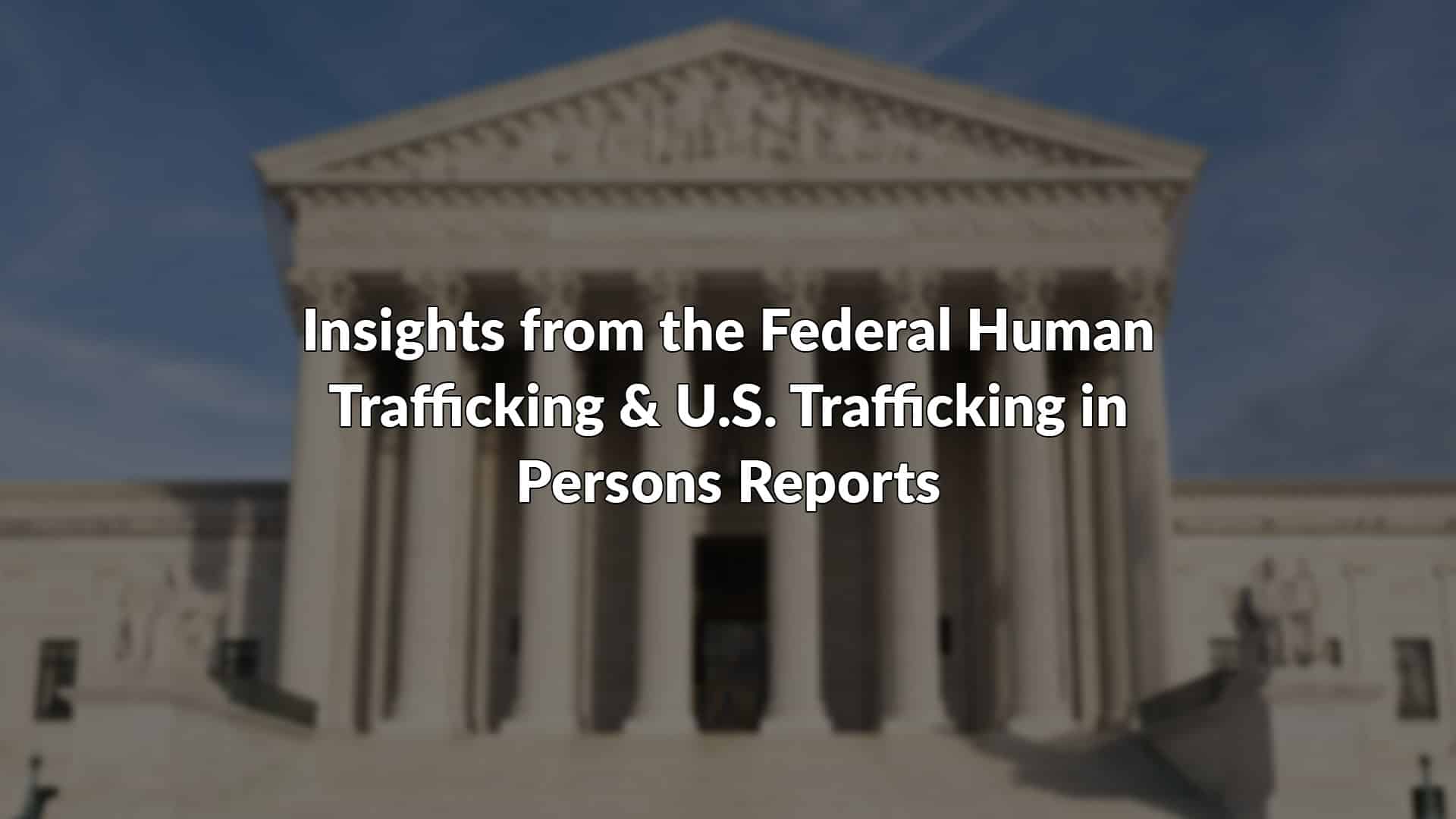BY CAROLINE ACKERMAN, ESQ., ERICA MCKNIGHT, ESQ., AND SARAH ZALONIS
The article was featured in the Maryland Bar Journal – Spring 2024 edition. Click here to read the original articles
DO SEX TRAFFICKING SURVIVORS have legal needs? Short answer: Yes. Long answer: Sex trafficking survivors often face numerous, complex legal issues as a result of their victimization. The Amara Legal Center is a nonprofit legal services organization dedicated to providing free, trauma-informed legal services to sex trafficking survivors and individuals involved in the commercial sex industry in the Washington, DC metropolitan area. In 2013, a group of advocates and community members recognized a need for specialized legal services for this population. When survivors leave a trafficking situation, they frequently encounter immediate challenges, including threats to their safety, homelessness, lack of food and basic necessities, and ongoing experiences of trauma. These challenges are further exacerbated by legal issues, such as open criminal cases or prior criminal records, that can prevent survivors from moving forward and achieving their goals. Amara was founded in 2013 to address this population’s unique legal needs and to provide legal services that are both trauma-informed and free.
When survivors are arrested for offenses that their trafficker forced or coerced them to commit, they are labeled as criminal defendants and barred from open access to employment, housing, education, and public benefits. Without criminal record relief, these effects last years after the initial arrest.
The Amara Legal Center’s services include family law, civil protection orders, criminal record relief, misdemeanor criminal defense, name/gender marker changes, and victim witness advocacy. At Amara, survivors’ most common legal need is criminal record relief because survivors are often arrested while they are being trafficked. When survivors are arrested for offenses that their trafficker forced or coerced them to commit, they are labeled as criminal defendants and barred from open access to employment, housing, education, and public benefits. Without criminal record relief, these effects last years after the initial arrest. Through vacatur and expungement, survivors can work towards clearing their criminal records and leaving the past behind them.
In addition to criminal records, survivors face contested family law cases, which impact their access to their children and their overall safety. According to the Legal Deserts Report 2.0, trafficking survivors’ number one unmet legal need in the United States is family law representation.1 In many cases, survivors may have children in common with their trafficker or their children may have been in the custody of a third party during the trafficking experience. At Amara, attorneys provide survivors with individualized family law assistance so that survivors can reunite with their children and ensure their future safety. From child support to third party custody cases, survivors’ family law matters can take years to fully resolve.
In some cases, survivors wish to bring criminal charges against their traffickers. Through Amara’s victim witness advocacy services, clients are paired with an attorney who serves as a liaison between the client and the criminal legal system. Amara attorneys can assist with filing police reports, meeting with law enforcement and prosecutors, preparing to testify, requesting restitution, and ensuring that the survivor feels as supported as possible throughout the process. Recognizing that the legal system can be overwhelming for anyone, but especially for someone who has experienced severe trauma, Amara seeks to bridge the gap and increase access to justice for survivors through free legal services.
 Over the past several years, Amara has worked closely with survivors and community partners to develop a specialized approach to holistic, client-centered service provision. Recognizing the inherent harms of power and control tactics used by traffickers, Amara’s legal practice is based on a strong commitment to supporting survivors in leading self-determined lives. In addition to implementing trauma-informed lawyering techniques, Amara attorneys focus on placing survivors’ legal and personal goals at the forefront of their representation. Humbled by the opportunity to walk with survivors on their pathways to justice and healing, Amara seeks ways to support clients both inside and outside the courtroom.
Over the past several years, Amara has worked closely with survivors and community partners to develop a specialized approach to holistic, client-centered service provision. Recognizing the inherent harms of power and control tactics used by traffickers, Amara’s legal practice is based on a strong commitment to supporting survivors in leading self-determined lives. In addition to implementing trauma-informed lawyering techniques, Amara attorneys focus on placing survivors’ legal and personal goals at the forefront of their representation. Humbled by the opportunity to walk with survivors on their pathways to justice and healing, Amara seeks ways to support clients both inside and outside the courtroom.
Informed by the organization’s direct work with survivors, Amara collaborated with Clio, a cloud-based legal management software, to implement a customized, comprehensive intake procedure that accounts for each client’s legal and social service needs. Understanding that each client has unique needs, Amara uses Clio to address each legal issue as well as to identify any social service needs, such as housing, mental health, and public benefits. Serving as a “one stop shop,” Amara supports its clients with developing safety plans and connecting with local partner organizations that can provide needed social services. Recognized for its role as a technology-forward nonprofit serving a traditionally underserved community, Amara was honored to be named the 2023 Community Champion through the Reisman Awards at the 2023 Clio Cloud Conference.
For instance, images commonly depict survivors as being physically restrained or trapped in rooms or basements. While some survivors do endure such conditions, many survivors are not held in trafficking situations by physical means, but are subject to other forms of abuse, including but not limited to emotional and verbal abuse, threats to themselves or their families, intimidation, sexual assault, revenge pornography, and financial abuse. Traffickers not only prey upon individuals in marginalized groups, such as individuals experiencing homelessness, but are also adept at isolating survivors from any potential support systems.
Given that traffickers employ a variety of abuse and manipulation tactics, freedom of movement alone cannot serve as the determinative factor for whether an individual is being trafficked. By sharing these examples and the complex dynamics involved in trafficking situations, Amara strives to provide community members with the tools needed to both recognize and prevent trafficking.
Common misconceptions and stereotypes about the nature of trafficking often prevent survivors from being identified. Amara’s work focuses on debunking myths and sharing information about the realities of trafficking.
One of the most significant challenges in anti-trafficking work is the underidentification of trafficking survivors. In addition to direct legal services, Amara seeks to increase awareness and prevention of human trafficking in the community. Amara offers human trafficking training sessions for community groups, service providers, medical staff, legal professionals, teachers, and others interested in learning how to identify trafficking situations and support survivors. Common misconceptions and stereotypes about the nature of trafficking often prevent survivors from being identified. Amara’s work focuses on debunking myths and sharing information about the realities of trafficking.
Through both direct legal services and human trafficking education, Amara has one primary focus: the survivor. Founded on the fundamental principle that survivors deserve free, specialized legal services, Amara is dedicated to serving survivors and increasing their access to justice. If you or someone you know is interested in learning more about human trafficking and connecting with the Amara Legal Center, please visittheir website at www.amaralegal.org.

Caroline Ackerman (left) joined the Amara Legal Center as a staff attorney in 2019 and currently serves as the organization’s Executive Director. Erica McKnight (center) is an attorney licensed in Maryland with extensive experience in the nonprofit sector and civil rights law. She serves on the Board of Directors for Amara Legal Center. Sarah Zalonis (right) is a Board of Director of Amara Legal Center, Lived Experience Expert, Consultant, and Journalist.



